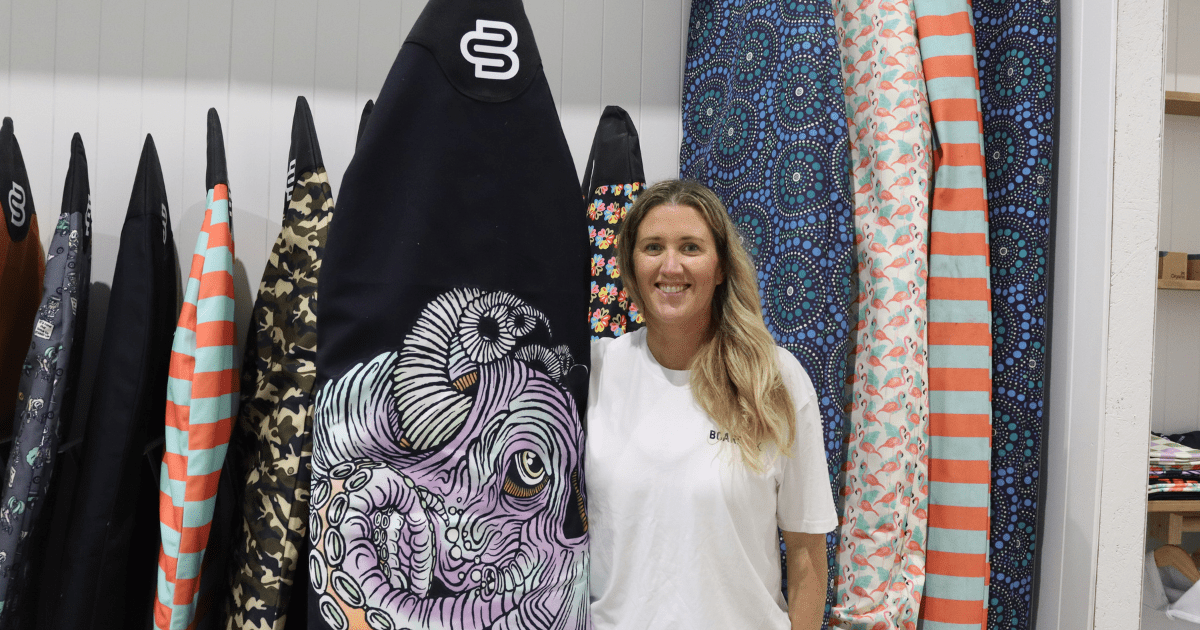Debunking the myths about leukaemia

Leukaemia Foundation CEO Chris Tanti says leukaemia, like all blood cancers, does not discriminate and does not only affect children and young adults. Photo: FACEBOOK/LEUKAEMIA FOUNDATION
The Leukaemia Foundation is aiming to debunk the biggest myth surrounding one of Australia’s deadliest cancers to help save more lives.
World Leukaemia Day was observed earlier this month and September is Blood Cancer Awareness Month, and the Leukaemia Foundation is urging all Australians to do one simple action: educate themselves on who it affects.
The Latest figures show more than 5,300 Australians will be diagnosed with leukaemia this year, with this number set to more than double by 2035.
Nearly 1,682 Australians will lose their life to the disease, with leukaemia continuing to rank as one of Australia’s most prevalent and deadly cancers.
According to the Leukaemia Foundation, however, with incidence high and awareness low, the biggest myth surrounding leukaemia is that it is predominantly a cancer among children.
“Like all blood cancers, leukaemia does not discriminate, and it does not only impact children and young adults,” Leukaemia Foundation chief executive officer Chris Tanti.
“It’s quite the opposite. It can impact anyone, at any time, and at any stage of life, from newborns to adolescents, young adults to working adults with families, and older Australians.
“But the cohort who it disproportionately affects the most, is in fact, those over the age of 50.
“The latest research clearly shows a significant rise in cases in older Australians with the median age of those diagnosed with leukaemia now being 70 years old – a statistic bound to surprise many people.”
As Australia’s population continues to age, the Leukaemia Foundation warns the burden of leukaemia will be felt more than ever, with older Australians identified in the Australian Cancer Plan as a community with significantly poorer outcomes when it comes to a cancer diagnosis.
“Latest statistics show the projected number of deaths from leukaemia in those aged 50 and over is estimated to be more than 1,570 people this year,” Mr Tanti said.
“When you compare this figure to those under the age of 50, there is a considerable difference with 107 deaths predicted in this age group.”
Along with those living regionally, First Nations peoples, culturally and linguistically diverse communities, and LGBTQIA+ individuals, the Leukaemia Foundation recognises older Australians also face barriers in getting a timely cancer diagnosis or receiving the best possible treatment and supportive care.
New YouGov data commissioned by the Leukaemia Foundation additionally showed age as one of the biggest worries of Australians when it comes to a cancer diagnosis, only second behind the cost of treatment.
“More than half of Baby Boomers we recently surveyed greatly fear a cancer diagnosis and it’s no wonder when you look at the impact of blood cancer on this age group,” Mr Tanti said.
“Also unsettling, is that they also fear age discrimination during treatment, with four in 10 Baby Boomers reporting this as something that worries them.”
The Leukaemia Foundation’s new campaign, A Fair Go, aims to address the uncertainty around blood cancer, so that all Australians, regardless of their age or background, have the knowledge, resources and support they need to face a diagnosis head on.
For more information, head to bloodcancer.org.au

















